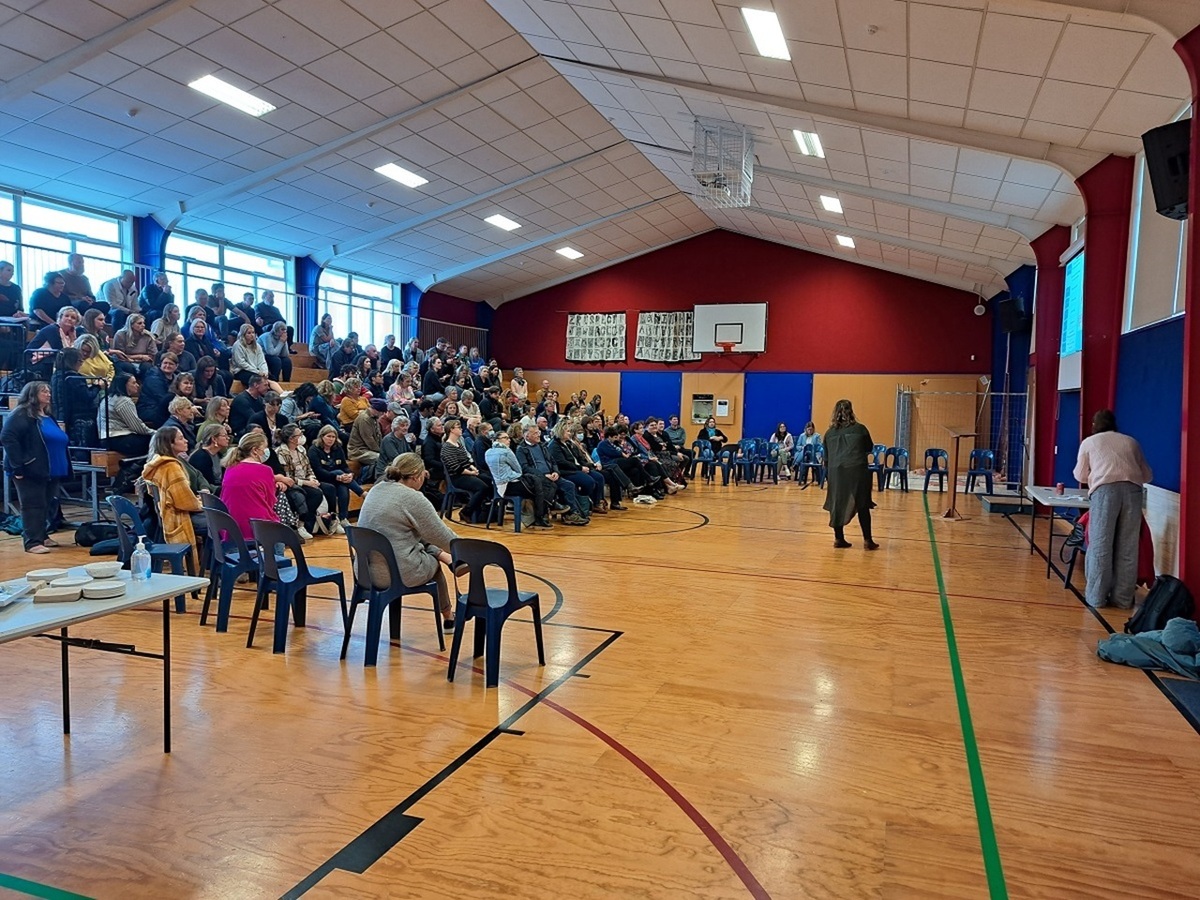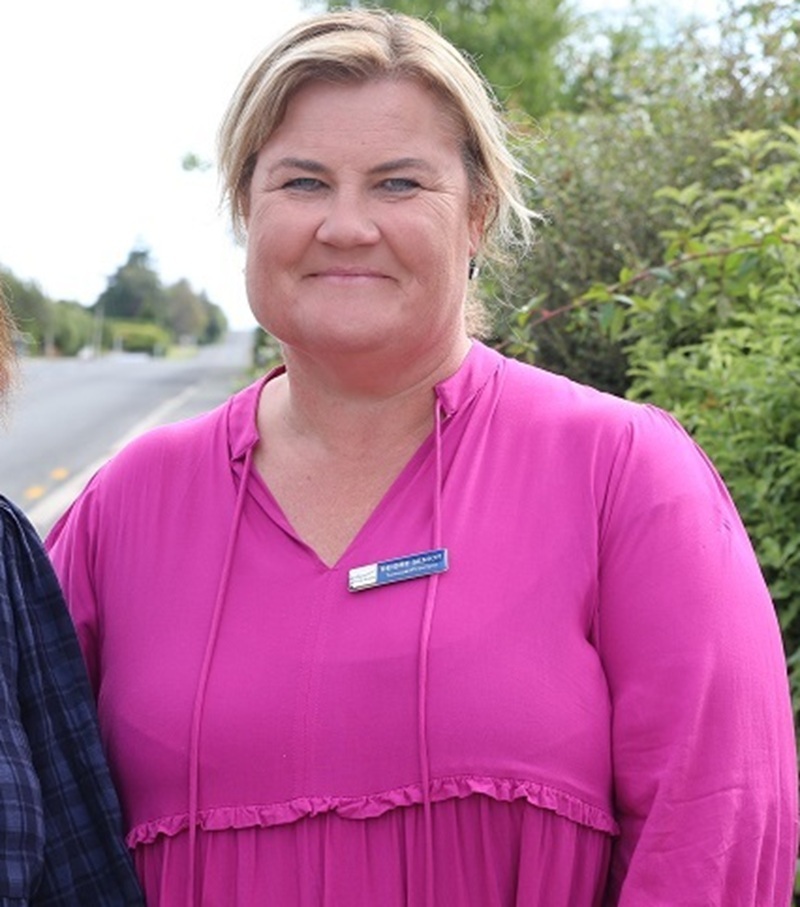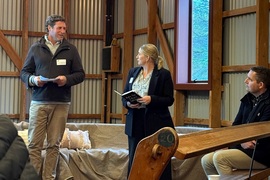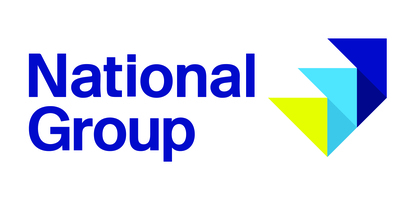Halt on pay equity claims 'deeply disappointing', North Otago principal says
Ashley Smyth
06 May 2025, 11:51 PM
 Waitaki Ara Kahui Ako teachers, principals, teacher aids and support staff at Ōamaru Intermediate School, during a professional development day. Photo: Supplied
Waitaki Ara Kahui Ako teachers, principals, teacher aids and support staff at Ōamaru Intermediate School, during a professional development day. Photo: SuppliedTwo Government budget moves revealed this week, which directly affect teachers, have had a lukewarm response from one North Otago primary principal.
RNZ reported that leaked documents from the Education Ministry show the Kāhui Ako programme is set to be disestablished, with the allocated $118m budget to be diverted to support disabled learners.
Meanwhile, Workplace Relations and Safety Minister Brooke Van Velden announced yesterday a stop to all pay equity claims and made it harder to lodge new ones.
Claims were concentrated in the public sector, with costs to the Crown of all settlements so far totalling $1.78 billion a year, the minister said.
Two different representatives opposed to the move have called it “an attack on women”, and “a dark day for women”.
The move will disproportionally affect women, as the claims mostly involve female-dominated sectors such as care work, nursing, and social work, as well as teaching.
Weston Primary School Deidre Senior, who is co-lead principal of the Whitestone Kahui Ako, responded to the Waitaki App’s questions while attending a course in Dunedin, where she was listening to an international speaker highlight a projected global teacher shortage of 65 million by 2030.
She called the move to cancel pay equity claims “deeply disappointing”.
“Teachers have been engaged in this process for over two years, under both the previous and current governments. To have it cancelled so abruptly feels like a dismissal of our profession, and it adds to the uncertainty we already face.”
New Zealand is not immune to the teacher shortage, she says.

Weston School principal Deidre Senior. Photo: Supplied
“We're already in the midst of a workforce crisis. If we want to attract and retain passionate, skilled educators, the government must prioritise investment in the people who teach and care for our children.”
The Kāhui Ako, also known as Communities of Learning, scheme was an initiative of the 2014 National-led Government
The scheme groups schools and early learning centres, within the same district, together to work on common problems. There are two Kāhui Ako in the Waitaki, the other is Waitaki Ara.
Deidre says if the scheme is being disestablished, the decision must be “balanced by new initiatives that both suppot children - regardless of their needs - and demonstrate genuine value for teachers and the work they do”.
“I understand that funding in education is always limited, and tough decisions must be made,” she says.
“The Whitestone Kāhui Ako has been a valuable network for our cluster of 12 schools, enabling collaboration and supporting teacher development. For example, we were able to provide three years of Structured Literacy PLD (professional learning and development) to all staff through Kāhui Ako funding well before it became a government mandate.
However, Deidre acknowledges tamariki must be the top priority, and teachers are seeing a noticeable rise in complex needs such as neurodiversity, trauma-related behaviours or simply the need for extra learning support.
“If the intent behind redistributing funding is to ensure every school has better access to resources to meet these needs, then that’s something I can support in principle. But the key question is how this will be implemented, and whether schools will genuinely feel supported where it matters most.”
NEWS
WHAT'S ON GUIDE






